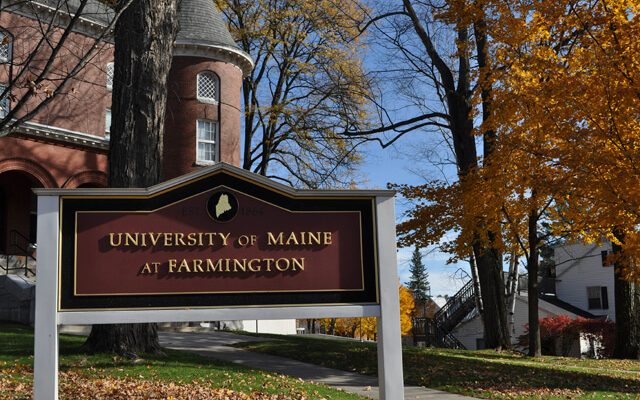3 Easy Ways to Get Enthusiastic Donations from HBCU Alumni

Anyone following Historically Black Colleges and Universities knows that the past few years have been tumultuous. Saint Paul’s College has closed its doors to new students and placed current students at other schools. Morris Brown College has filed for federal bankruptcy protection. Most recently, the nation’s oldest HBCU, 119-year-old South Carolina State University, declared financial exigency.
Between schools being shuttered or declaring bankruptcy, it’s a distressing time for HBCUs and anyone attending or working at them. Online colleges, robust diversity programs at predominantly white institutions and more affordable community college offerings are all competing for the students who once could really only find a quality education at a HBCU.
Finding ways to keep these institutions thriving is more important than ever. That includes one part of financial responsibility that I believe is being overlooked: alumni giving.
HBCU graduates are some of the proudest in the country, often with a stronger sense of social responsibility than their PWI-graduate peers. Yet HBCUs aren’t doing a strong enough job tying that pride back into alumni giving programs. Case in point: Harvard raised a record-breaking $752 million in alumni and other gifts in the fiscal year 2013. And HBCU “black Ivy League” Spelman College saw just $157.8 million ($20 million from alumni) during its Every Woman Every Campaign in 2013 that was a special, targeted campaign beyond normal annual endeavors.
Perhaps comparing Harvard’s financial gifts to any other school isn’t completely fair, but it does give an idea of what HBCUs are up against in the non-elite college market. If Spelman, considered the “best” HBCU, can only bring in one-fifth of the giving of Harvard in a year when Spelman aggressively went after donations, what does that say for every other HBCU?
An even better question is this: What can HBCU alumni giving campaigns improve upon to bring in more dollars to benefit their current crop of students?
Here are three ways for HBCUs to encourage their alumni to give back more.
- Make college affordable.
Even the best college education will come with resentment attached once a student has to start paying back those burdensome loans. HBCUs have a better shot at alumni giving back once a college education is paid off, so why not make that debt burden lighter? HBCUs have some of the best statistics when it comes to financial aid in the form of Pell grants and scholarships and these institutions should continue to push for the funding to make obtaining a degree affordable – particularly for minority and first-generation college students. More money in these graduates’ pockets will translate into more alumni giving in the early years following graduation.
- Personalize giving.
I don’t know about you, but getting a standard alumni giving form in the mail with a return envelope does not usually inspire me to pull out my checkbook. The same is true of emails without much personality. Instead of just asking for the money, HBCUs need to put faces and causes along with the requests. What are some of the upcoming projects that this money could go towards? Who will receive scholarships from this giving? Even non-glamorous giving campaigns that go towards basic infrastructure have a better shot of meeting goals if alumni are informed of what money is being solicited to do. HBCU alumni who can associate their own positive memories with money-making campaigns are more likely to want to be a part of making those things happen.
- Get alumni involved before they leave campus.
Don’t wait until students are off campus to solicit them for help facilitating the college experience of the classes who follow them. Cash in on the good feelings that accompany graduation time from both the students earning degrees and their families. Even those who don’t have much may be willing to give a little to keeping the college dream alive for other students who are still trying to accomplish their academic goals. Set up a table outside commencement with giving forms and other alumni information. Have literature that explains to students how alumni giving dollars have facilitated what they’ve enjoyed while on campus. Send out an email blast to soon-to-be graduates that invites them to visit the alumni website, like its Facebook page, and join its official club. Don’t wait to chase alumni down after they’ve left; rope them in before they leave and keep them active in the coming years.
Just as HBCUs have a responsibility to get their students workforce-ready, alumni have a responsibility to give back to their institutions. HBCUs need to do a better job of conveying that and encouraging former students to step up to the plate.
Read all of our posts about HBCUs by clicking here.






